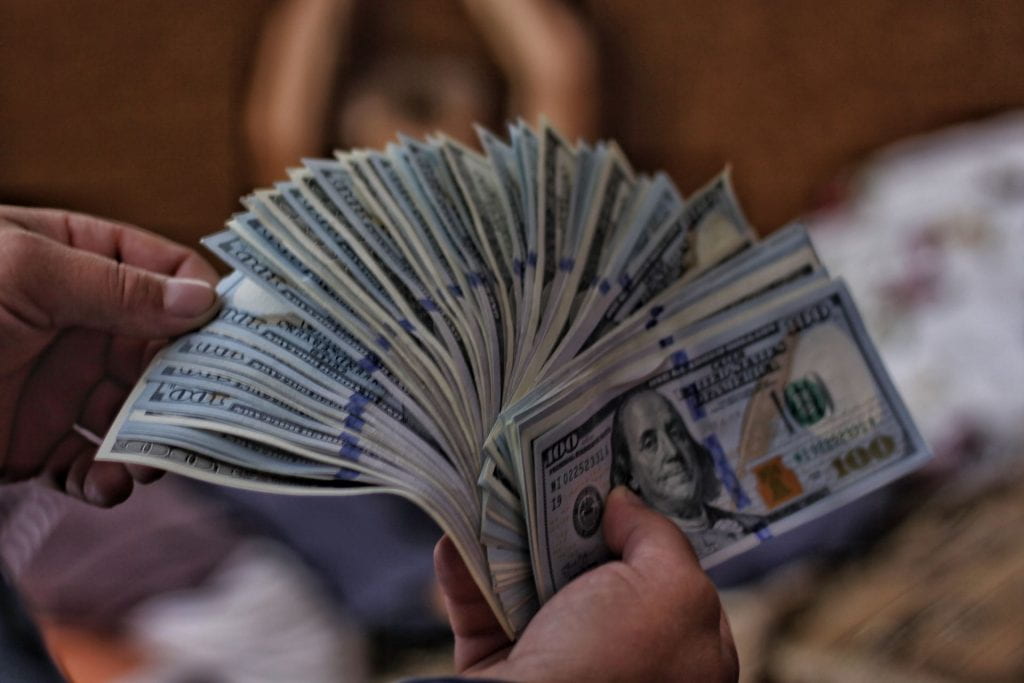Impact of Student Loan Debt and Forgiveness Policies on Households

Educational attainment and earnings in the U.S. are strongly linked. However, the earnings premium of a bachelor’s degree is threatened by rising higher education costs and student loan borrowing. Moreover, due to record rates of non-completion and student loan defaults, many borrowers face a host of hardships that can perpetuate wealth inequalities in the US and put an additional strain on the U.S. economy.
Through novel surveys and experiments, SPI seeks to both understand how student debt relates to hardships, as well as how federal policies, such as forbearance and forgiveness, may reduce these hardships.

For example, through a large national survey, we compare the financial distress and re-enrollment aspirations of student debt-holders who started college but did not earn a degree—those with non-degreed debt (NDD)—to (a) individuals who have a high school diploma and no student debt, (b) individuals with some college and no student debt, and (c) individuals with a college degree and no student debt, and (d) individuals with a college degree and student debt. Through these “downwards,” “sideways,” and “upwards” comparisons, we find that at the intersection of debt and non-completion low-income individuals are placed at a unique disadvantage.
These findings suggest that those with NDD may experience a “double jeopardy” in their financial lives—these individuals miss an opportunity to “cash in” on the earnings premium afforded by a college degree and yet they are simultaneously saddled with unproductive debt that they must repay with these non-premium earnings.
Additionally, through a survey experiment in the Social Policy Institute’s multi-wave Socioeconomic Impacts of COVID-19 study, researchers asked households what types of decisions they would make if their student debt was forgiven at $5k, $10k, $20k, and all their debt. Initial findings suggest that – regardless of the amount of debt forgiven- large proportions of student debt holders reported that they would pay down other debts, save more for emergencies, or save more for retirement.
Preliminary research results from this student debt experiment were shared in May 2021 at Brookings Institution and a working paper was released in June 2022.